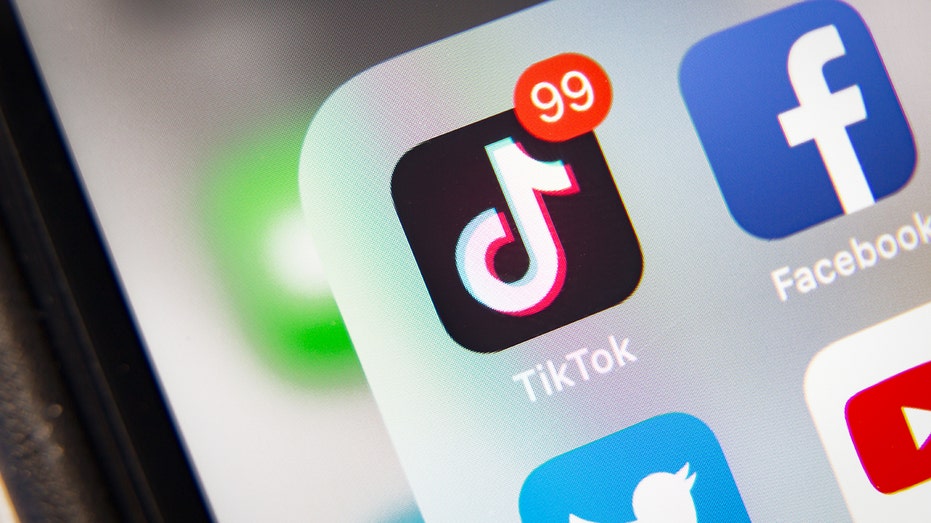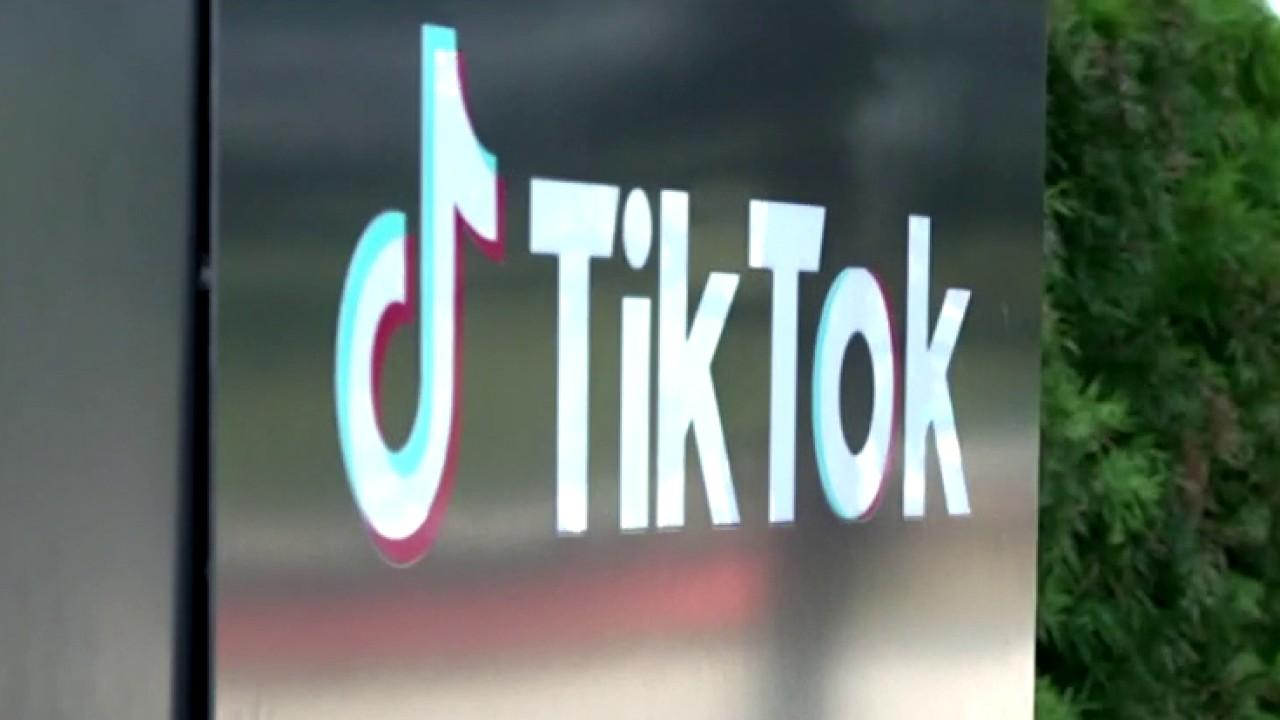Facebook's Zuckerberg raised red flags concerning threat of TikTok: report
Speech to Georgetown, meetings with lawmakers set app's possible ban in motion, sources say
When Facebook Inc. Chief Executive Mark Zuckerberg delivered a speech about freedom of expression in Washington, D.C., last fall, there was also another agenda: to raise the alarm about the threat from Chinese tech companies and, more specifically, the popular video-sharing app TikTok.
Tucked into the speech was a line pointing to Facebook’s rising rival: Mr. Zuckerberg told Georgetown students that TikTok doesn’t share Facebook’s commitment to freedom of expression, and represents a risk to American values and technological supremacy.
TRUMP SIGNS EXECUTIVE ORDER BANNING TIKTOK IN 45 DAYS
That was a message Mr. Zuckerberg hammered behind the scenes in meetings with officials and lawmakers during the October trip and a separate visit to Washington weeks earlier, according to people familiar with the matter.
In a private dinner at the White House in late October, Mr. Zuckerberg made the case to President Trump that the rise of Chinese internet companies threatens American business, and should be a bigger concern than reining in Facebook, some of the people said.

Tyumen, Russia - January 21, 2020: TikTok and Facebook application on screen Apple iPhone XR
Mr. Zuckerberg discussed TikTok specifically in meetings with several senators, according to people familiar with the meetings. In late October, Sen. Tom Cotton (R., Ark.) — who met with Mr. Zuckerberg in September — and Sen. Chuck Schumer (D., N.Y.) wrote a letter to intelligence officials demanding an inquiry into TikTok.
CLICK HERE TO READ MORE ON FOX BUSINESS
The government began a national-security review of the company soon after, and by the spring, Mr. Trump began threatening to ban the app entirely. This month he signed an executive order demanding that TikTok’s Chinese owner, ByteDance Ltd., divest itself of its U.S. operations.
Few tech companies have as much to gain as Facebook from TikTok’s travails, and the social-media giant has taken an active role in raising concerns about the popular app and its Chinese owners.
CLICK FOR MORE AT WSJ.COM




















